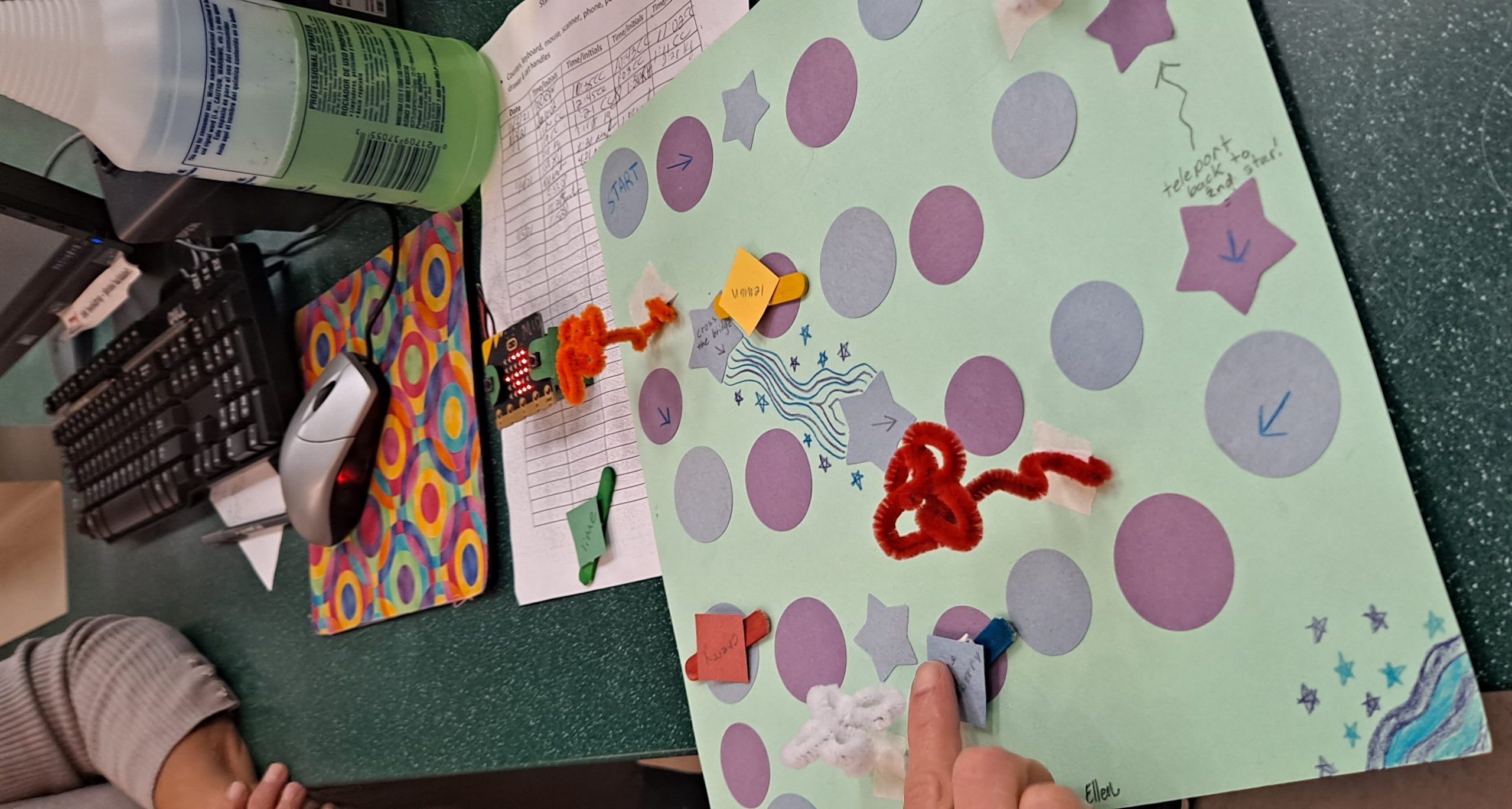
Welcome to IMPACT Libraries
The IMPACT Libraries (IMProving Assessment of Computational Thinking in libraries) project investigates the impact of computational thinking (CT) programming for youth (ages 11-18) in public libraries. Computational thinking encompasses the concepts and practices associated with using computers and technology to solve problems.
PROJECT GOALS
This project has three main goals:
Identify Computational Thinking Outcomes
Identify the computational thinking outcomes that youth develop through participating in programs offered by public libraries.
Develop Assessment
Tools
Create assessment tools for library staff to use to accurately measure computational thinking outcomes in their youth programs.
Improve Existing
Programming
Provide guidance for public library staff to utilize our computational thinking assessment tools to improve and refine the programs offered by their libraries.
PROJECT OVERVIEW
We developed these computational thinking assessments tools with public library staff. We interviewed public library staff from across the United States who run computational thinking programs for youth, and identified the types of computational thinking programs being offered in public libraries, the desired outcomes of these computational thinking programs, and the challenges library staff have with measuring computational thinking. Then, we worked with public library staff to design, use, and provide feedback on our tools, resulting in a suite of assessment tools. Our assessment tools assess computational thinking skills, conceptual learning, dispositions, confidence, preparation for future learning or career, positive experiences, and access and equity.
We invite you to use the assessment tools to measure the impact of your youth computational thinking programs.
OUR RESOURCES
Assessment Tools
Our tools measure seven CT outcomes
Case Studies
Library staff’s experiences using the assessment tools
Webinars
Recorded sessions introducing our assessment tools
CONTACT US
Reach out to the project team at impact@umd.edu
